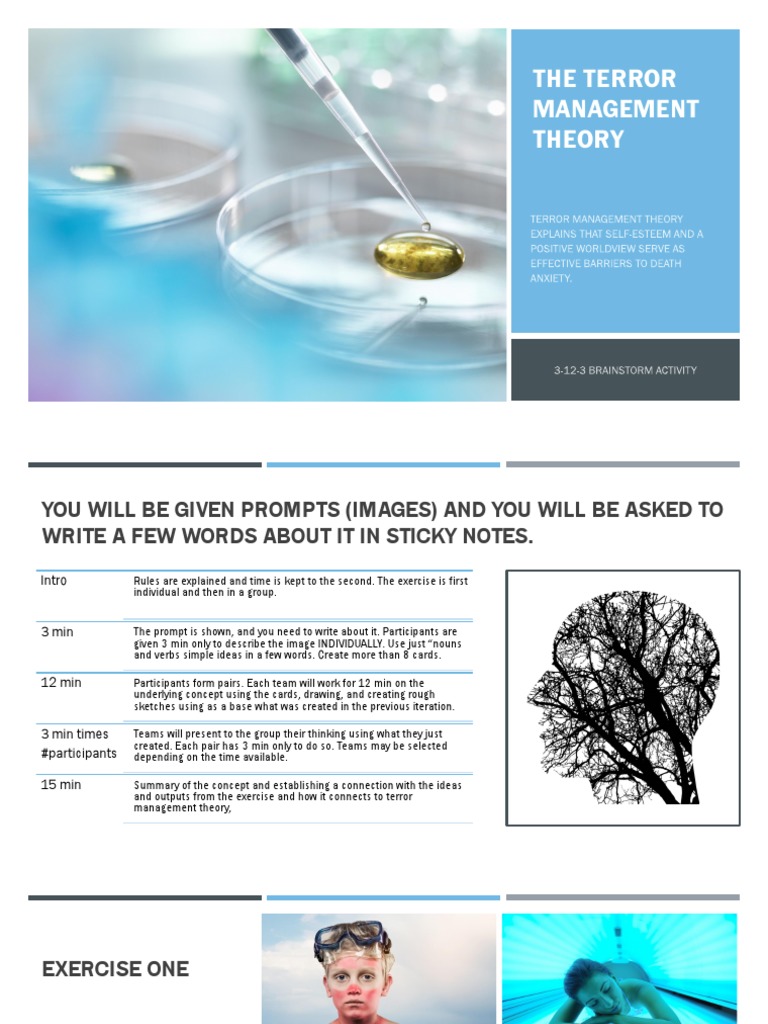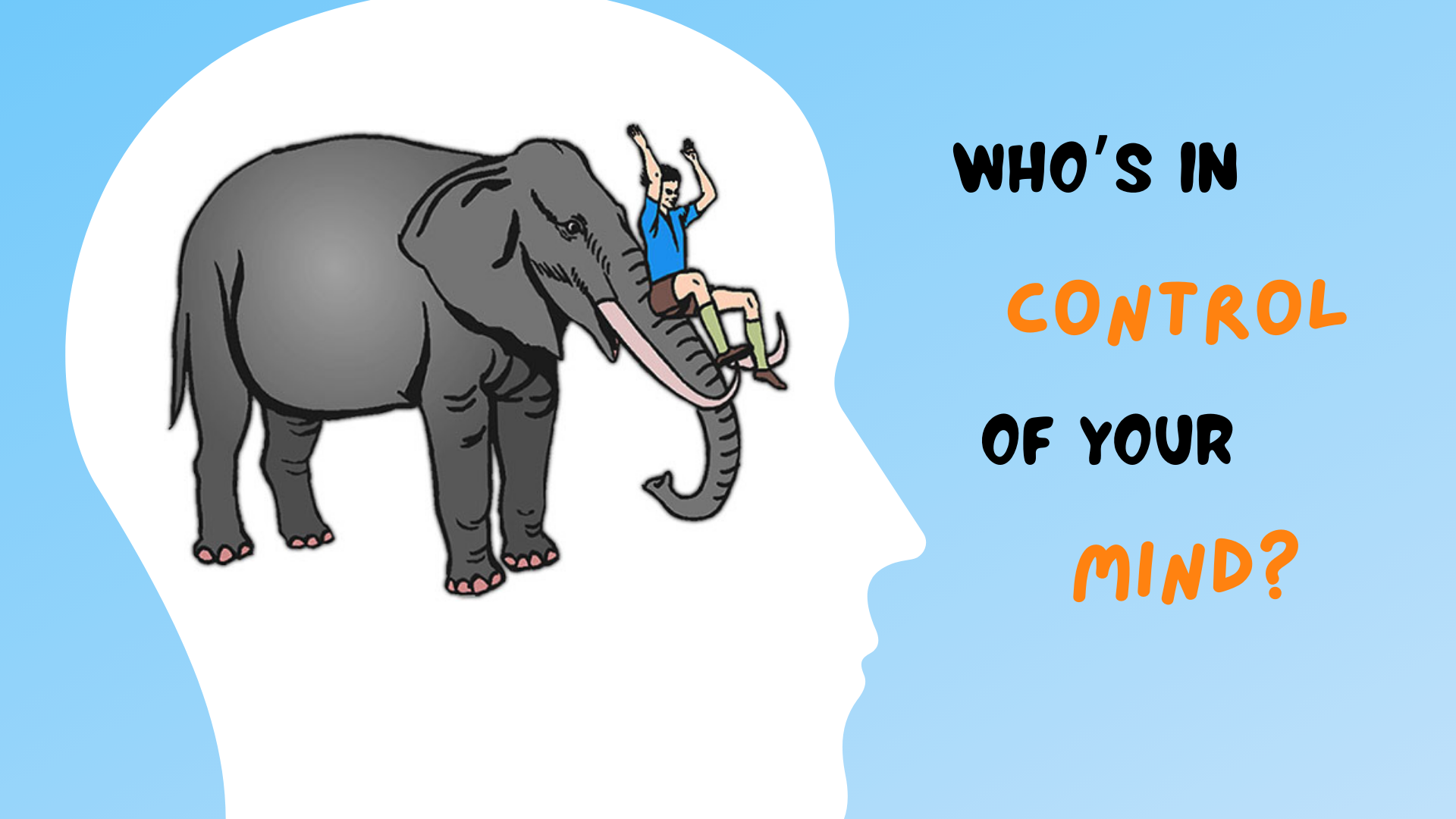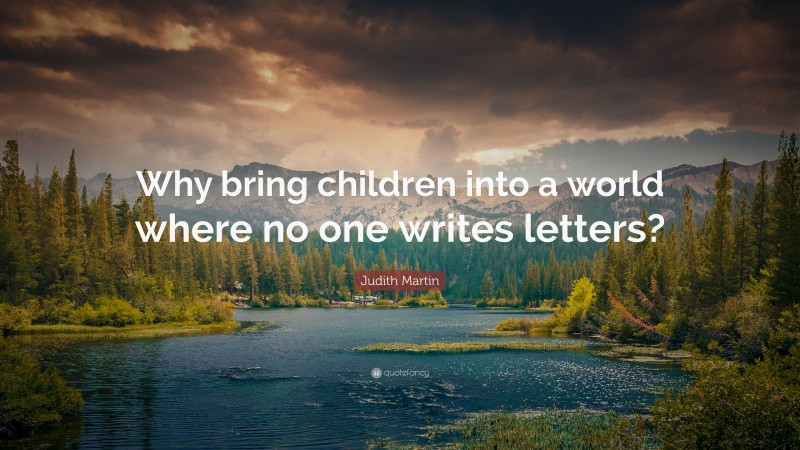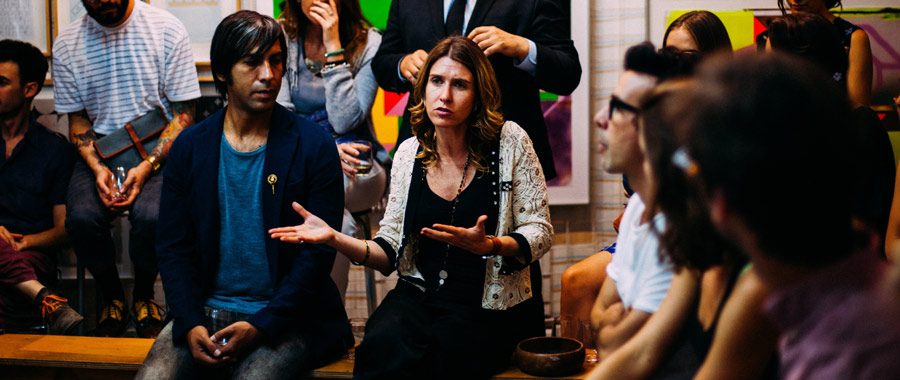What Did the Báb Teach? A Baha’i Guide
In exploring the profound teachings of the Báb, one must traverse the intricate landscape of Bahá’í principles. The Báb, whose name means “Gate,” was the forerunner to Bahá’u’lláh, the founder of the Bahá’í Faith. His revelations laid the groundwork for the development of a new spiritual paradigm, destined to guide humanity towards unity and enlightenment. … Read more









